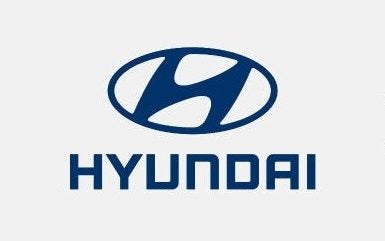
Hyundai Motor Company reported a 7.3% year-on-year rise in global revenues to KRW 48,287 billion (U$ 35 billion) in the second quarter of 2025, reflecting a slight increase in global vehicle sales to 1,066,000 units, an improved product mix, and favourable foreign exchange rates. Sales of electrified vehicles rose by 36% to 262,000 units during the quarter, including a 34% rise in battery electric vehicle (BEV) sales to 79,000 units, while SUV sales rose by 4.4% to 645,000 units.
In the first half of 2025, revenues rose by over 8% to KRW 92,695 billion, while global vehicle sales were just slightly higher at 2,067,000 units, including 474,000 electrified vehicles.

Discover B2B Marketing That Performs
Combine business intelligence and editorial excellence to reach engaged professionals across 36 leading media platforms.
Operating profit dropped by 15.8% to KRW 3,602 billion in the second quarter of 2025, resulting in a decline in the company’s operating margin to 7.5% from 9.5% a year earlier. The automaker said it took a huge KRW 828 billion hit from the US import tariff hikes, while sales incentives also had a significant impact on the company’s earnings. This was offset in part by favourable exchange rates. Net income for the quarter plunged by 22.1% to KRW 3,250 billion.
Hyundai Motor Company’s chief financial officer, Lee Seung-jo, during the company’s earnings call confirmed that the automaker incurred a “minus effect of KRW 828.5 billion” as a result of the US import tariffs.
Mr Lee further stated: “Considering the current tariff policies, in the short term we will implement flexible incentive and price measures, cut the cost of raw materials and processes through efficient production, and push for contingency plans within our investment budget. In the medium and long term, we will closely review options to expand production in the US and respond to market requirements.”






